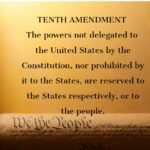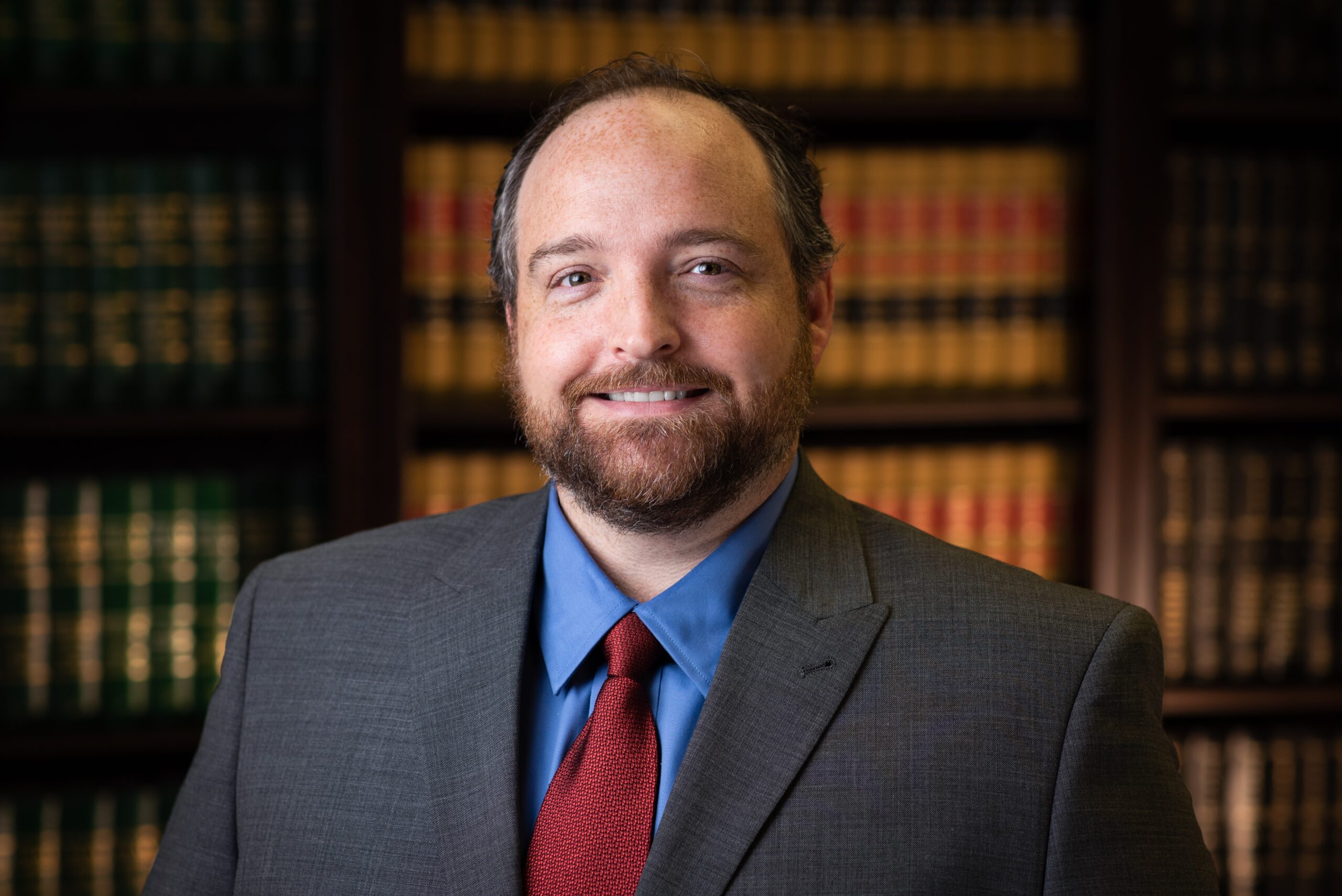It is a general rule that the Federal Government cannot compel agencies, officials, or law enforcement officers of the individual states to enforce Federal Laws. Often, this is not an issue, because the State Laws mirror the Federal laws, so enforcing one is simply enforcing the other.
Section 1 of HB 112 recites the 10th Amendment to the United States Constitution, which provides that the individual States hold all legislative and government powers that are not specifically granted to the Federal Government. Therefore, if the Constitution doesn’t give the US Congress the specific authority to pass a law making growing marijuana in Oklahoma illegal.
The Loophole in the 10th Amendment: The most powerful exception to the 10th Amendment is known as the “Interstate Commerce Clause” (ICC) with grants the Federal Government the power “to Regulate Commerce with Foreign Nations, and among the several States’. Essentially, Congress can regulate economic activity (commerce) that is happening across state lines (interstate).
The Marshall Court era of the Supreme Court interpreted the Commerce Clause as granting broad jurisdiction to Congress over activities that had not previously been regarded as commerce, as well as the power to regulate solely intrastate activities. In 1937, at the end of the Lochner Era, the use of the Commerce Clause by Congress as a bludgeon to also control non-commercial activities wholly conducted within a State became effectively unlimited. Now, Congress could pass laws governing “non-commerce” and “non-interstate” activities.
The reasoning behind this expansion of Congress’s powers under the ICC can be found in Gonzales v. Raich, 545 U.S. 1 (2005), a Supreme Court case involving the federal prohibition of growing marijuana under the Controlled Substances Act (CSA), the ICC being the source of authority for the CSA. The Supreme Court held that the federal law that banned growing marijuana did not exceed Congress’s powers under the ICC because “even if no goods were sold or transported across state lines, there could be an indirect effect on interstate commerce.” In Wickard v. Filburn, the Supreme Court held that the federal government may regulate cultivation and consumption of crops because the combined effect of individual consumption could have an indirect effect on interstate commerce.
So what is the point of HB 112 if Congress can use the ICC to regulate firearms, firearm accessories, and ammunition?
The point is that, as stated previously, the Federal government cannot force the States to enforce federal laws. If the law in Texas is that any Texas citizen may manufacture and possess a machine gun as long as it is wholly manufactured and possessed within the state of Texas, the Federal government is responsible for arresting that person and prosecuting the violation of the Federal firearm law. They can’t require, for example, a Texas Ranger or a San Antonio Police Officer to enforce those laws.
By passing a bill such as HB 112, Texas is making it a criminal offense for any Texas agency or officer to enforce any Federal law regulating firearms, firearm accessories, and ammunition. The state of Texas is saying “We are passing our own laws, we don’t agree with yours, and while we can’t stop you (yet), we are not going to let our State do your dirty work for you.”
The Federal government relies heavily on local agencies and officers to enforce its laws. They simply do not have the resource and the manpower to enforce federal laws across the nation. And while the Federal government may not be able to force the States to enforce Federal laws, there is a power specifically given to Congress that they have used as long or longer than the ICC. Congress controls “the purse strings” or in other words, Federal funding. If the States don’t want to enforce Federal laws, Congress can simply stop granting Federal funding for highway infrastructure, and they have done it before.
This strongarm tactic by Congress was seen in 1987 in the Supreme Court case of South Dakota v. Dole, when there was resistance to establishing a national drinking age of 21 (one of the highest drinking ages in the world), the Federal government threatened to without highways funding.
During the 1974 Arab oil embargo, President Nixon established the 55 MPH National Speed Limit, and tied compliance to highways funding. In summation, HB 112 is really meant to make it more difficult for the Federal government to enforce certain laws, and in the long run, make the legislature take a long hard look at the Interstate Commerce Clause and hopefully reign in its broad powers and overreach. The modern interpretation of the ICC has eroded the ability of States to govern themselves more than any other aspect of the Constitution. If HB 112 can’t exactly fix it, it is taking a stand and giving the Feds a hard row to hoe.



